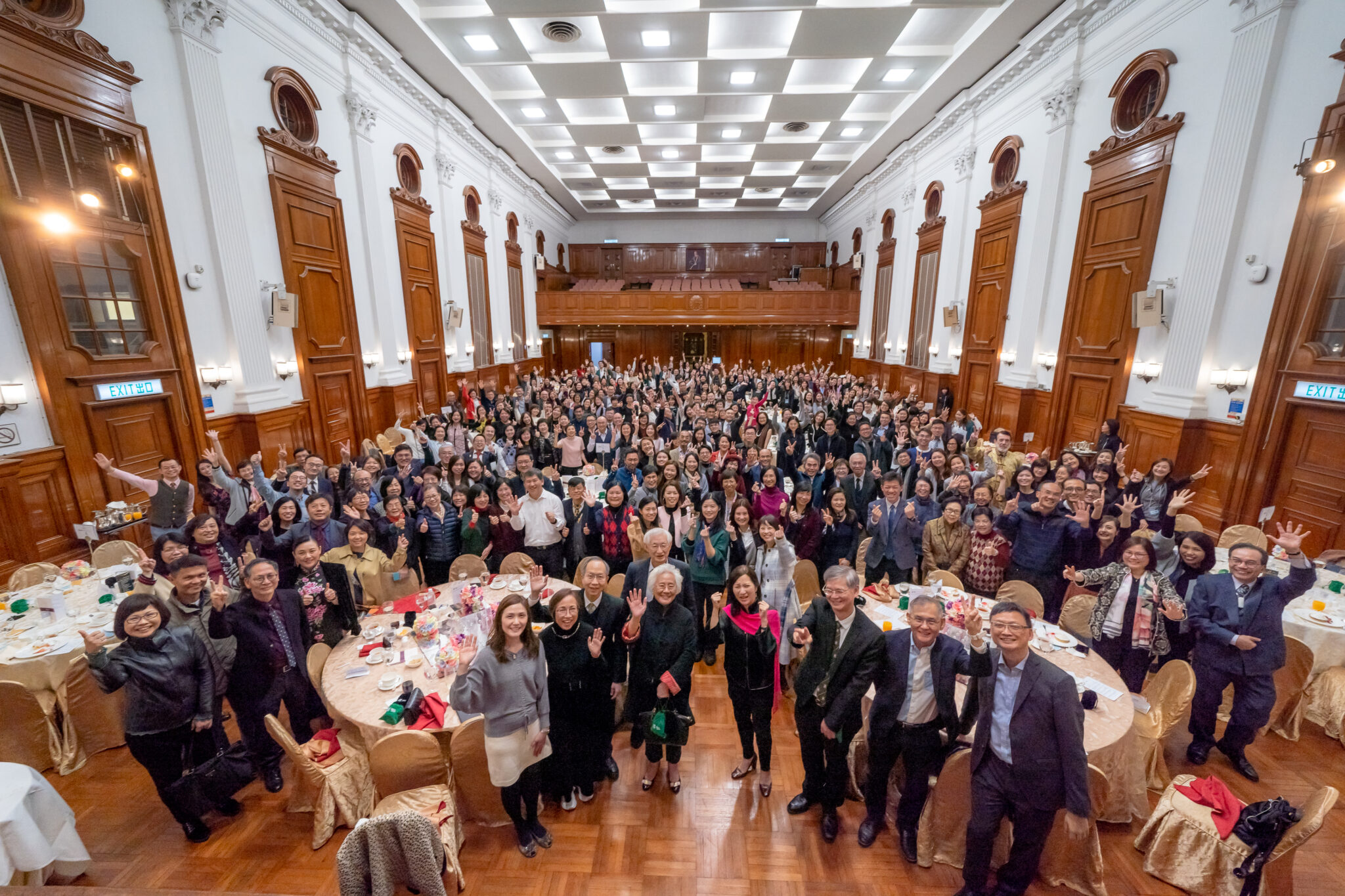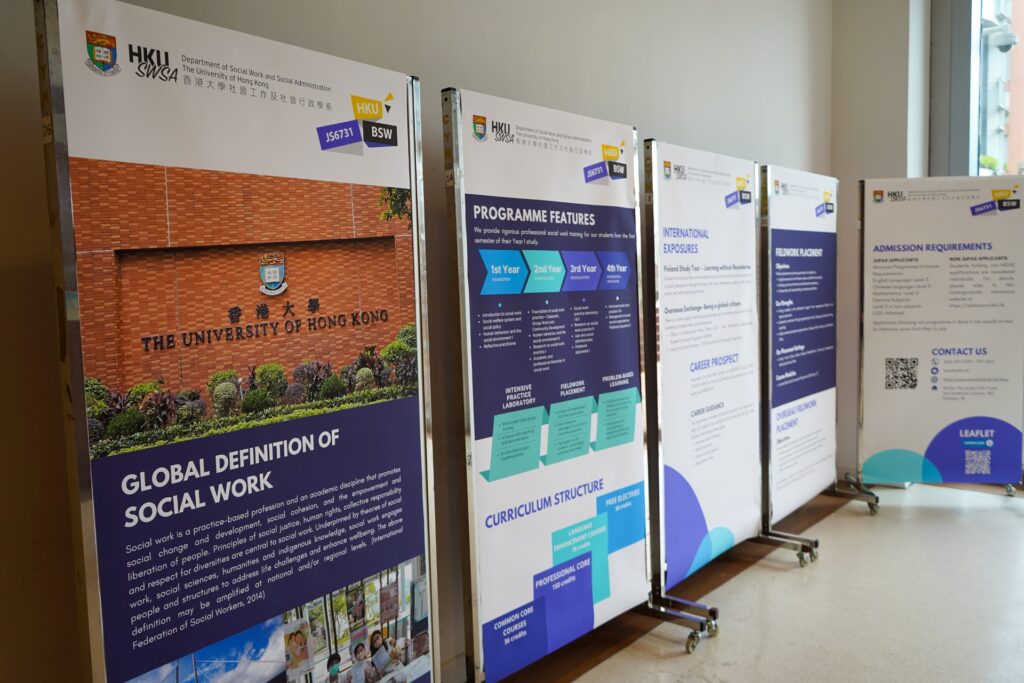
Housing insecurity has been shown to be associated with worse mental health. However, previous studies mostly examined one aspect of housing insecurity (e.g., affordability), and few focused on older adults. This study examined the relationship between perceived housing problems and depressive symptoms among middle-aged and older Americans. Data from the Health and Retirement Study between 2006 and 2018 were used. A total of 7,119 respondents (aged 50+ at baseline in 2006) were followed up every 4?years. Respondents self-reported the status, severity, and duration of their housing problems. Depressive symptoms were assessed by the Center for Epidemiological Studies-Depression Scale. Mixed-effect models examined the association between perceived housing problems and depressive symptoms. Results show about 5%-7% of respondents had housing problems during every study visit and 5.73% of them experienced persistent housing problems over 12?years. Having housing problems was associated with a higher risk of depressive symptoms (incidence risk ratio?=?1.29, 95% CI?=?1.23, 1.36). A dose?response relationship was observed in the severity and duration of housing problems, with a greater increase of depressive symptoms risk among those experiencing more severe or prolonged housing problems. The dose?response pattern highlighted the importance of early intervention and persistent assistance to those experiencing housing problems.
Congratulations to Prof. LOU W.Q. Vivian on being recognized among the Healthy Ageing 50 Leaders by the UN Decade of Healthy Ageing (2021?2030). The Healthy Ageing 50 highlights people from every region and sector?government, civil society, academia, and business?whose work is measurably improving the lives, rights, and well-being of older people and advancing the Decade?s priorities: combating ageism, fostering age-friendly environments, and expanding access to integrated and long-term care. Honourees are profiled on the Decade platform to showcase approaches with proven impact and potential to scale, and to catalyse collaboration across countries and disciplines?reflecting Dr. LOU?s leadership in ageing and longevity.
Learn more: https://www.decadeofhealthyageing.org/topics-initiatives/other-initiatives/healthy-ageing-50#anchor_two
Prof. LAW Y.W. Frances was admitted as a Fellow of the Academy by the Hong Kong Academy of Social Work. The Fellowship is a senior professional honour that recognizes social work leaders with sustained, exemplary contributions to the profession and the community. Fellows are peer?acknowledged for their professional excellence and leadership, ethical standing, impact on practice and policy, scholarship and education, and dedicated service. As a Fellow, Prof. Law is part of a community expected to set standards for the field, champion continuing professional development, mentor the next generation, and help advance the Academy?s mission to strengthen social work quality and public trust in Hong Kong. This recognition affirms her leadership and broad impact across research, practice, and community engagement.
Learn more: https://academy.hkswa.org.hk/zh-HK/membership/information/fellow/





